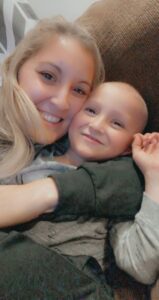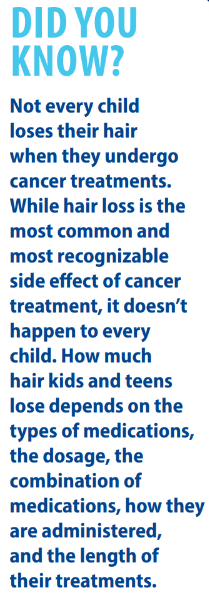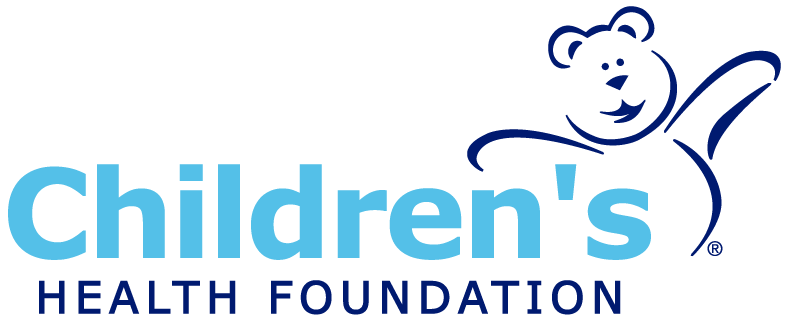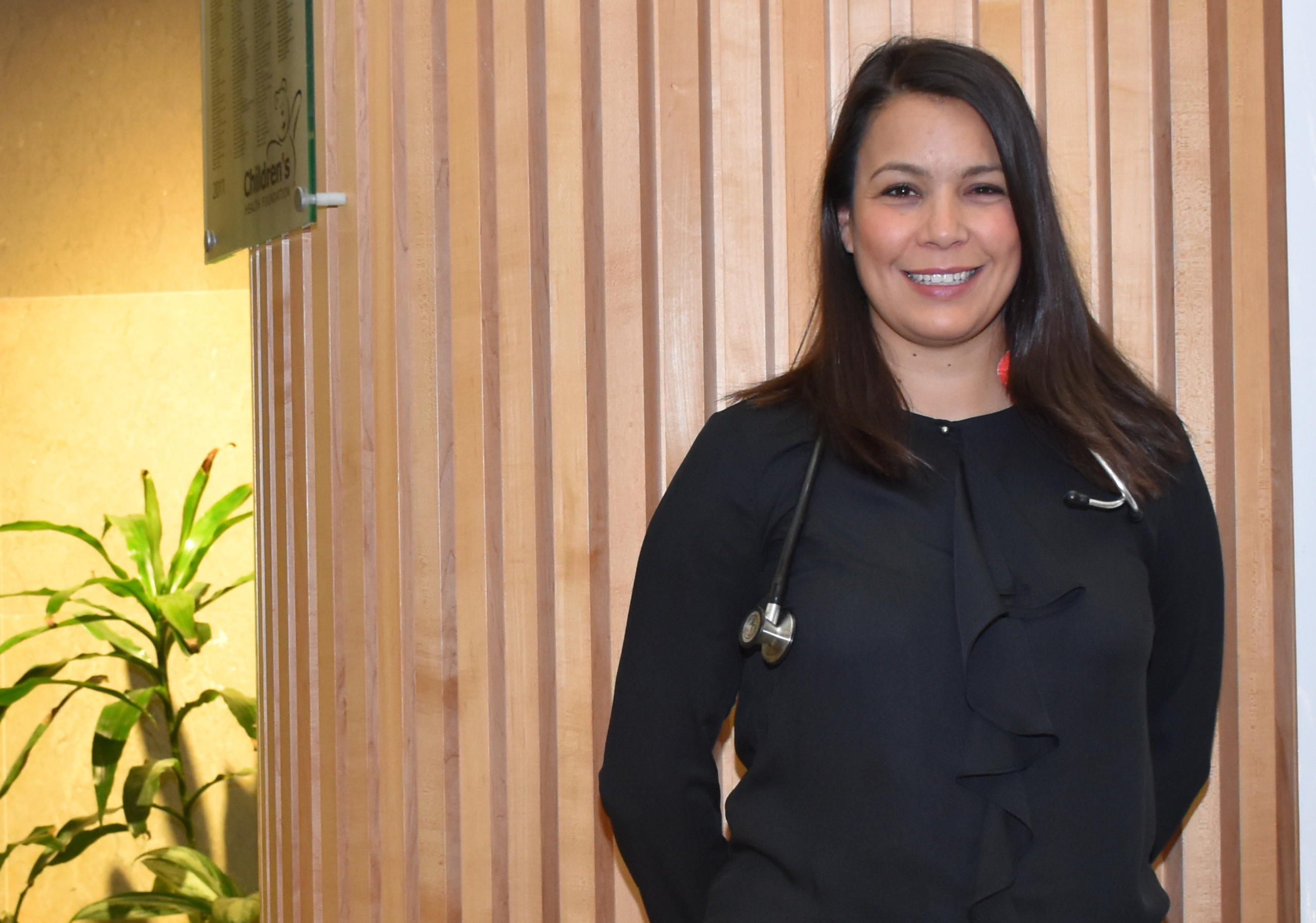Precision medicine is vital to driving innovation in cancer care
When we think of childhood cancer, most of us immediately picture children with no hair, experiencing severe nausea. The reality of cancer care is that kids and teens respond to treatment in vastly different ways.
One form of chemotherapy for a seven-year-old boy might make him nauseous all day; for another seven-year-old boy, that same round of chemo might be nearly symptom-free.
Within Children’s Hospital’s Childhood Cancer Program, each young patient is seen as the unique kid they are, with their own coping strategies, genetic make-up and symptoms.
Viewing kids and their cancer in this patient-specific way means the team stays curious, investigating and unlocking new ways to save kids’ lives.
Understanding targeted therapy; how each child’s cancer responds to different medications and treatments, and personalized medicine; how each child tolerates their therapy, are the two crucial components of precision medicine and are vital to innovation in childhood cancer treatments.
Targeted Therapy Creates New Options for Hard-to-Treat-Cancers
With the team’s involvement in international and national research projects like Precision Oncology for Young People (PROFYLE), they can begin to understand some of the unique molecular mechanisms behind a specific tumour or cancer and match that mechanism with existing medication.
This is known as targeted therapy, where patients may benefit from being treated with a drug not before used on their particular type of cancer. PROFYLE specifically focuses on cancers that are difficult to treat, and assisting children who face poor outcomes.
As the Division Head of Children’s Childhood Cancer Program, Dr. Alexandra Zorzi explains, “Childhood cancer is not the same as adult cancer. But we explore overlaps – things we can learn from adults’ tumours and treatments that may allow us to understand childhood cancer better.”
Imagine each cancer is a lock, and every medication is a key. Currently, the team can use all the keys at their disposal for a certain lock, but they don’t always have the right one.
Targeted therapy makes it possible for clinicians to find more keys – more medication options – and more chances to save lives.

A recent success is adult lung cancer medications being connected to paediatric neuroblastomas, a cancer that is extremely difficult to treat.
Through PROFYLE, these cancers have been found to share a mutation, which means Children’s can help work towards lung cancer medications being used to help kids with neuroblastomas.
Children’s dedication to helping study complex mutations and cancers brings an abundance of hope for future patients. As a dedicated mother, Sarah, explains, “My son Hunter didn’t have a textbook neuroblastoma. His cancer had a unique mutation, and cases like his are studied to help more kids. My creative, truck-loving and imaginative little boy will help save the next child. I am so proud of my son, knowing his legacy will be helping his Children’s team that loved him provide more advanced care for our kids.”
Personalized Medicine Helps Reduce Harsh Side Effects
The Childhood Cancer Program team doesn’t stop at having more keys. Giving kids the best care also means studying their genetics to help discover how they may react to new medication options, known as pharmacogenomics or personalized medicine.
“While chemotherapy is a tried-and-true drug for treating cancer, combining chemotherapy with specific keys to a child’s cancer has the potential to improve children’s outcomes and lessen their side effects,” explains Dr. Zorzi.
In partnership with Dr. Richard Kim, a leading expert in pharmacogenomics, Dr. Zorzi is matching kids’ genetics with their treatments and outcomes. The pair is working towards predicting how patients’ bodies will handle their medications – whether it’s traditional chemotherapy or one of the new keys Children’s is working so hard to help find. 
When children’s genetics are considered alongside their new medication, incredible things can happen. For one of Dr. Zorzi’s young patients, a clinical trial at Children’s changed the way she and her family experienced her cancer relapse.
“An experimental immunotherapy medication, Blinatumomab, replaced a whole block of my daughter’s chemotherapy and made a world of difference,” says Adrienne, a grateful mother. “With Blinatumomab, my daughter had energy and none of the lethargy and weakness she did during chemo. I couldn’t believe it! I was blown away that she could be social and attend school.”
Watching kids face cancer while feeling better than anyone thought possible is exactly what the Children’s team hopes for.
“My intention for kids is for them to be everything they were supposed to be had we never met,” says Dr. Zorzi. “To go to school, get into trouble, play their favourite sports – to enjoy all those life experiences.”
That dream gets closer every day with the team’s dedication to finding more life-saving keys for kids’ cancer, prescribed with their genes in mind.
Children’s Childhood Cancer Program continues to push toward the innovations that help protect every child who walks through their door—and every parent who asks, “Why us?”
Read more about childhood cancer care at Children’s Hospital in our celebrations!, magazine right here.


